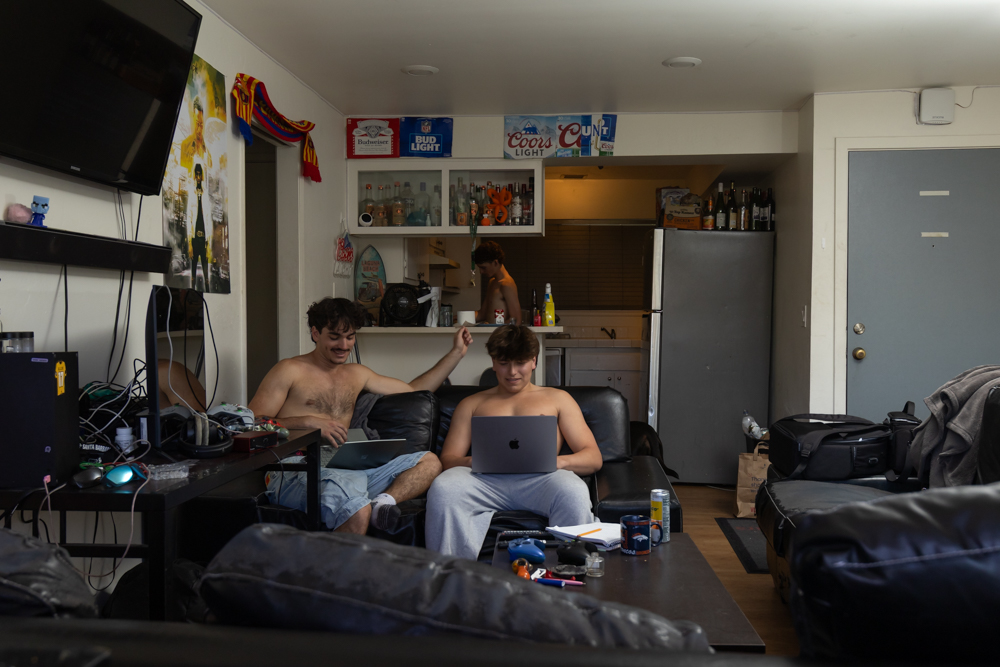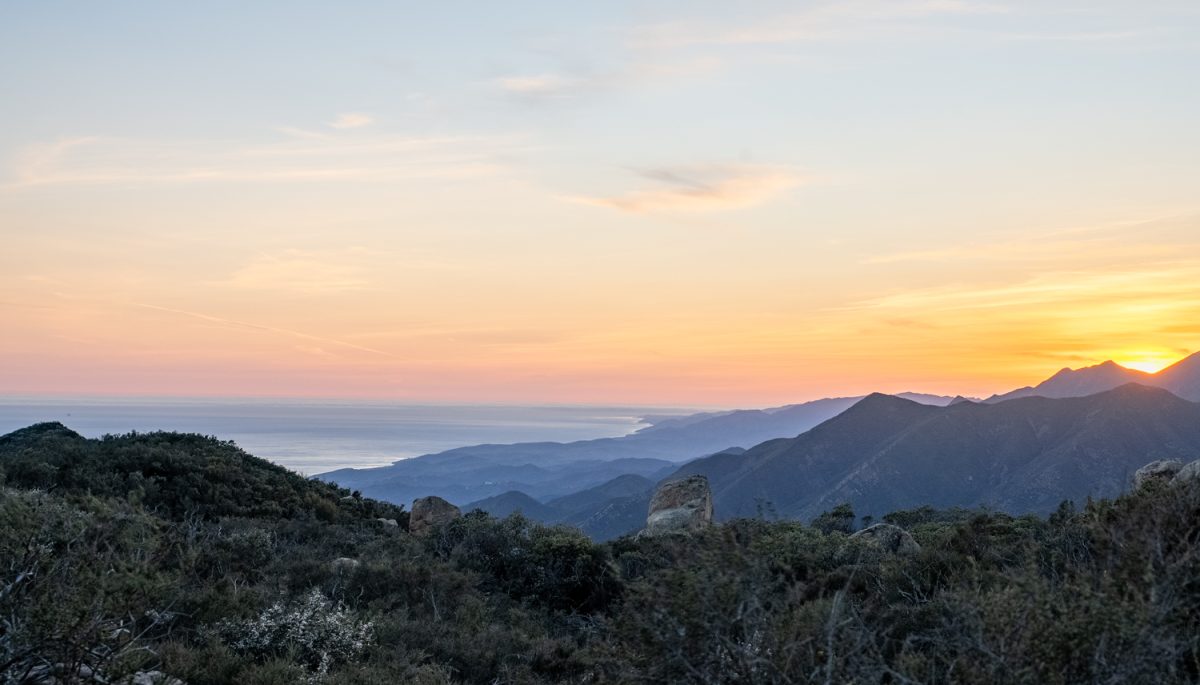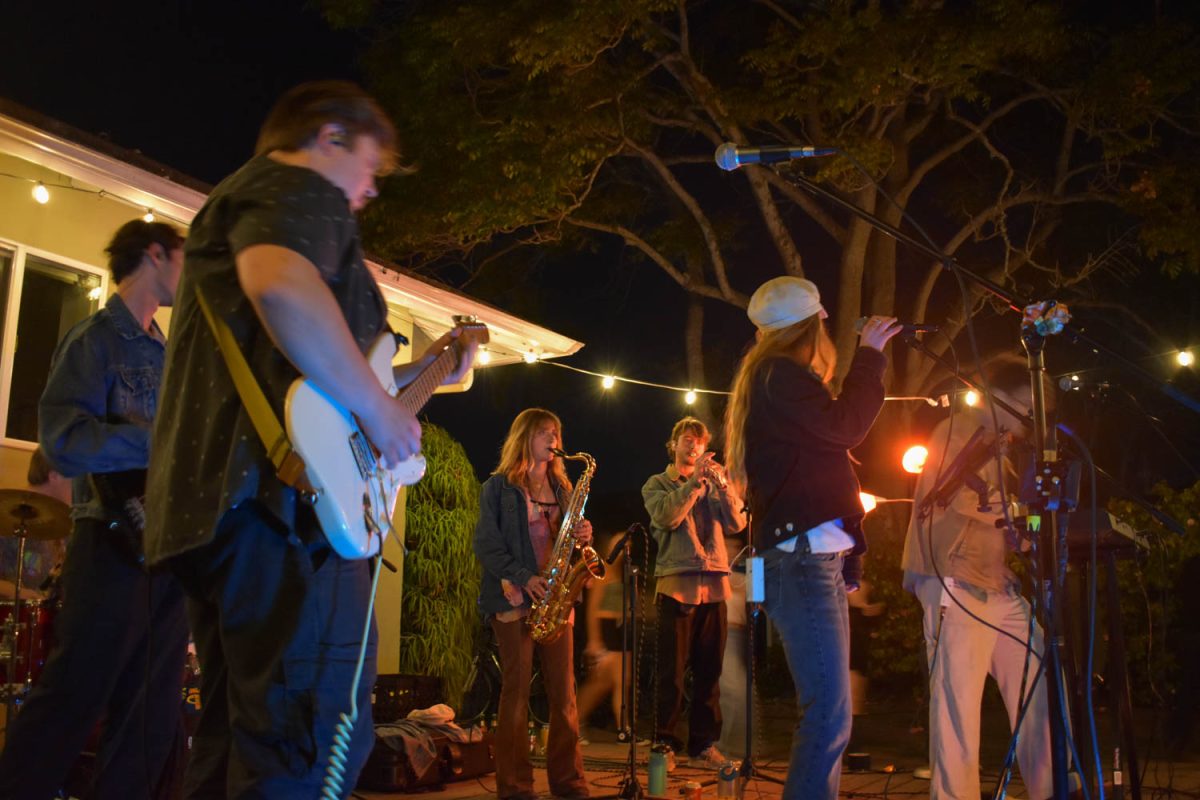Making waves for the Central Coast’s “blue economy”, a $200,000 Catalyst Pre Development Phase Grant underway as of Feb. 25 is poised to create thousands of jobs and expand City College’s bioscience and career technical education opportunities.
City College, the SBCC Foundation, the Commercial Fishermen of Santa Barbara, and local partners have teamed up to launch “The Ocean Collective: A Consortium to Develop a Diverse and Climate-Resilient Blue Economy for the Central Coast”. This effort builds on momentum from August 2024, when City College hosted a Blue Economy Symposium to foster sustainable ocean careers and announced the launch of Santa Barbara Ocean Collective.
In partnership between Uplift Central Coast Coalition and California’s Jobs First program, the Catalyst Grant aims to fund diverse industries along the central coast. With a total of $9 million in total for Catalyst funding, City College received a portion of their budget reserved for accelerator projects, which have moved beyond the initial idea phase and are beginning to take shape. This grant provides essential funding to begin the process of developing detailed plans and strategies, including recruiting experts to turn ideas into actionable projects.
“We are going to use [the catalyst funding] to continue developing our plans for the boat yard facility training, workshop facility and to mostly do the curriculum planning,” said Kim Selkoe, executive director of Commercial Fishermen of Santa Barbara (CFSB).
With the grant funds, City College staff including Michelle Paddack and Emma Horanic, are collaborating with the CFSB alongside the City of Santa Barbara and the Economic Development Collaborative to plunge into ocean-based opportunities. Including deeper involvement in industries such as commercial fisheries, aquaculture, coastal restoration, renewable energy and advanced ocean technologies. City College is charting new waters for coastal careers and bridging the gap between local industries and students by providing job placement and career counseling.
“A lot of people don’t know about the careers that they could have that are ocean-based, that are actually really serving the community in important ways,” Paddack, a professor of biological sciences at City College said. “Santa Barbara City College is poised to be that hub for training and connecting and drawing generations in,”
There is more opportunity on the horizon, as the Catalyst Grant places a strong emphasis on inclusivity and workforce development. Through California Jobs First, the grant supports local communities by engaging high schools, community colleges, universities, and underrepresented groups. Considering Santa Barbara’s deep-rooted history with indigenous tribes who have relied on the ocean for generations, the initiative prioritizes creating opportunities for tribal communities and other marginalized populations, ensuring inclusivity remains at the forefront of its mission.
“The Chumash are very based in ocean food and activities,” Selkoe said. “A lot of that has been really hard to continue because of the need to access boats, storage near the harbor, and skills for working safely on the water,”
Developments are currently in the works for City College campus, including new teaching spaces for hands-on learning related to coastal resilience and sustainable blue economy practices. City College’s trustees are favoring the utilization of the undeveloped land near the Marine Diving Technology building between West and East Campus. The expansion plans include creating spaces for shore-side infrastructure, storage space for boats and gear, workshop areas, specialized equipment, and training facilities.
“The idea of the Ocean Collective is that you have community members who are in here with their boats, and assisting with these classes, and communicating with the instructors,” said Horanic, Director of Marine Diving Technologies.
The UCSB Economic Forecast Project shows that there is potential for creating 40,000 blue economy jobs in Santa Barbara County and generating $41 billion in economic output over the next five years.
Anchoring the community in both economic and environmental resilience is central to the pillars of sustainability. Paddack explains that promoting a thriving blue economy requires fostering environmental, socio-cultural, and economic health to build a truly sustainable ocean-based economy. City College’s proximity to vulnerable coastal areas highlights the need for resilience measures. From safeguarding the cliffs and wetlands at Leadbetter Beach to protecting the coastal bluffs in Goleta, the Ocean Initiative aims to encompass all aspects of the “blue economy” to address these challenges.


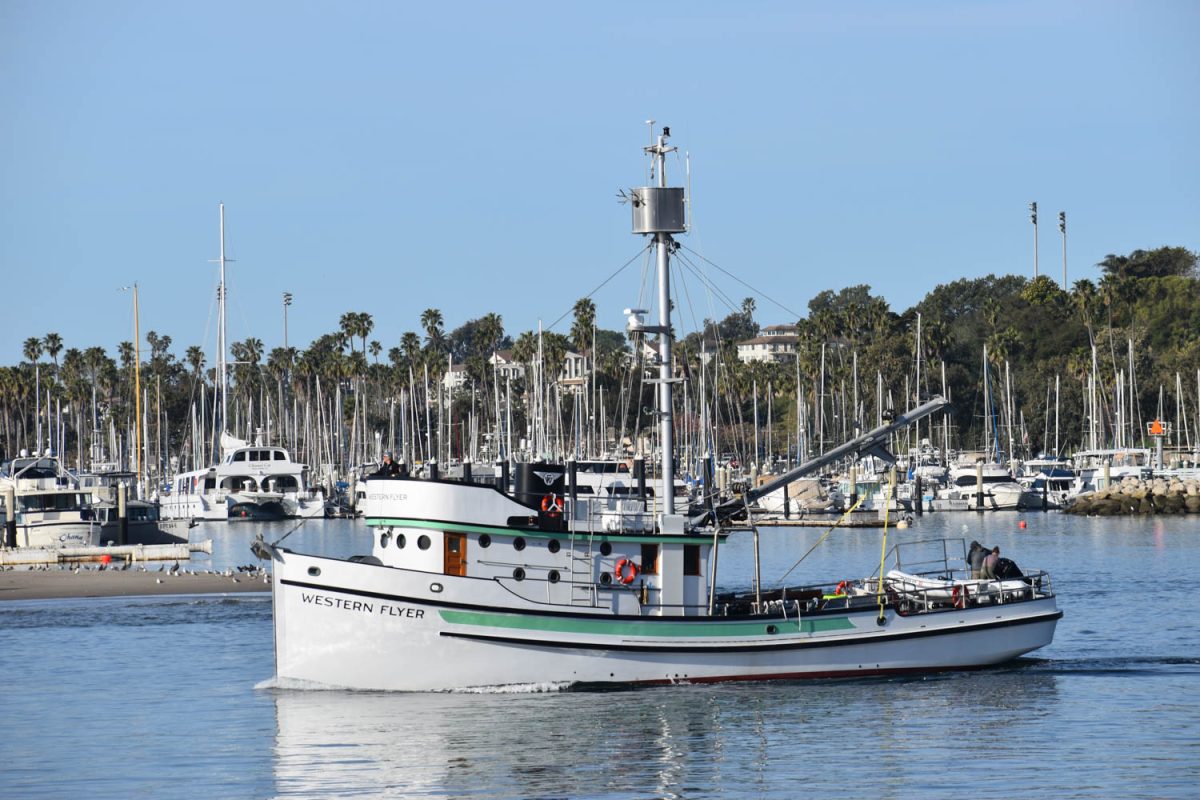

![Milton Alejandro Lopez Plascencia holds a flag showcasing the United States and Mexico on Feb. 7 in Santa Barbara, Calif. “It’s heartbreaking to see what is happening all across the country,” Lopez Plascencia said. “I [want] my voice to be heard by the community.”](https://www.thechannels.org/wp-content/uploads/2025/05/MGSImmigration-1-1200x800.jpg)

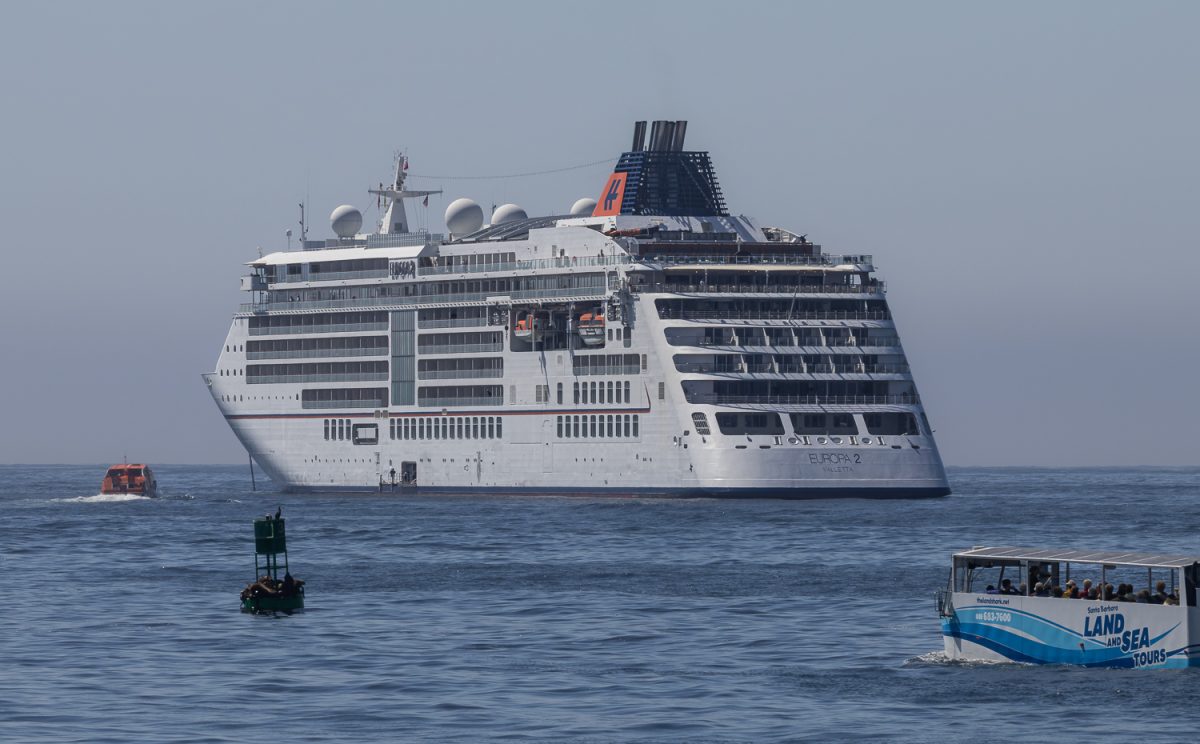
![The new Dean of Social Science, Fine Arts, Humanities and English, Eric Hoffman beams on May 2 in Santa Barbara, Calif. "My major professor in college [inspired] me," Hoffman said. "You can really have a positive impact on people's lives in education."](https://www.thechannels.org/wp-content/uploads/2025/05/MGSHoffman-2-1200x800.jpg)
